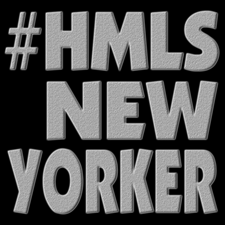“Knowledge, general in nature and unorganized, is not power; it is only potential power- the material out of which real power may be developed. Any modern library contains an unorganized record of all the knowledge of value to which the present stage of civilization is heir, but this knowledge is not power because it is […]
Read the rest of this entry »Riddle Me This: The Suggestible Mind Edition
“Imagine that I’m a professor, and I’ve asked you to come and see me in my office. You walk down a long corridor, come through the doorway, and sit down at a table. In front of you is a sheet of paper with a list of five-word sets. I want you to make a grammatical […]
Read the rest of this entry »Riddle Me This: The Name Game Edition
I came across a book excerpt (included below), that states that the “Wheel of Fortune” was once the name of a slave ship. I wonder if the creators of the long-running game show of the same name are aware of this. The book excerpt is as follows: “Needing funds for his business, Nicholas Brown fitted […]
Read the rest of this entry »Brooklyn’s Slave Ship??
Is it me, or does Brooklyn’s New Barclay Center (home of the Brooklyn Nets) resemble a docked slave ship? Tweet
Read the rest of this entry »

